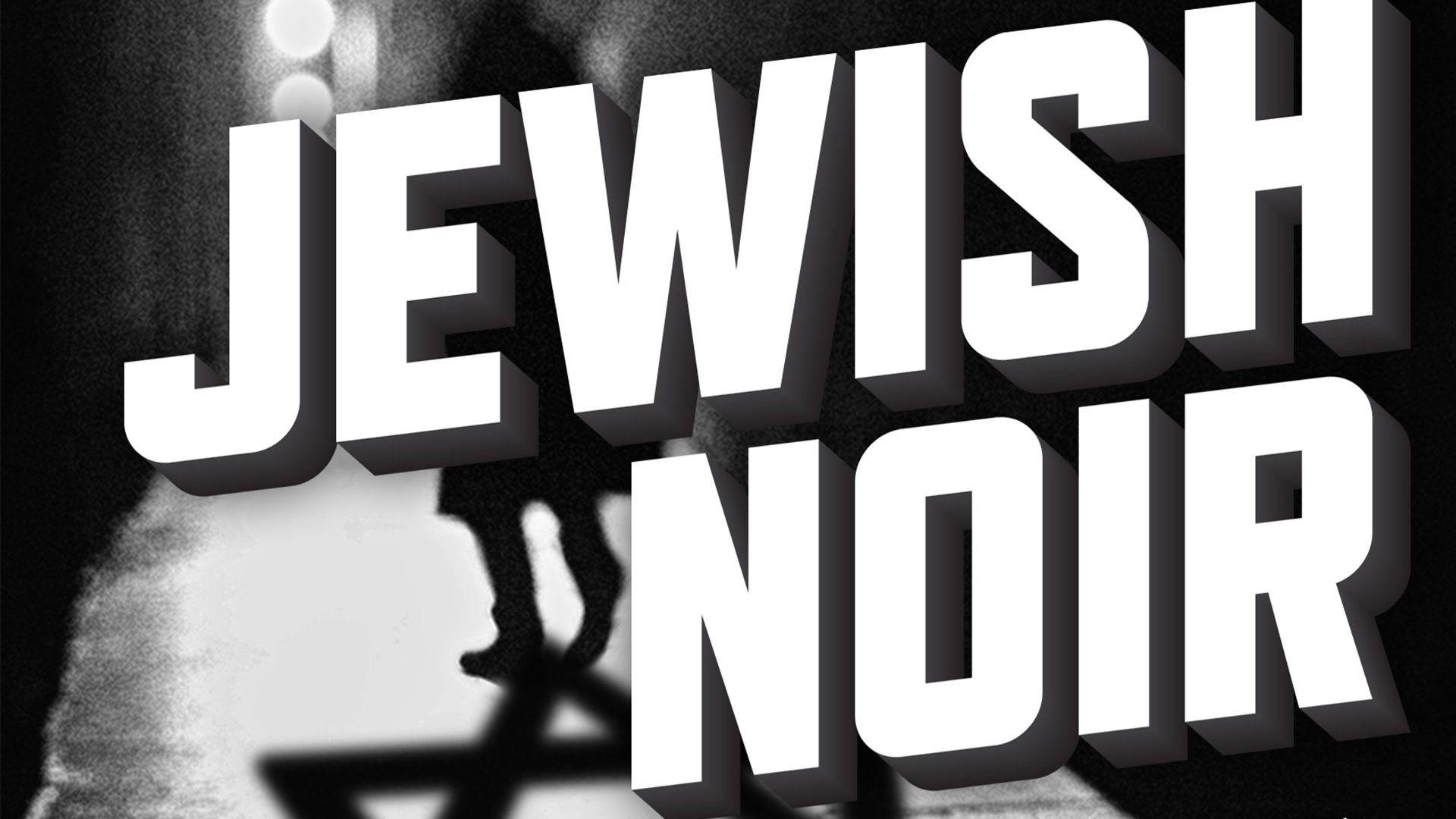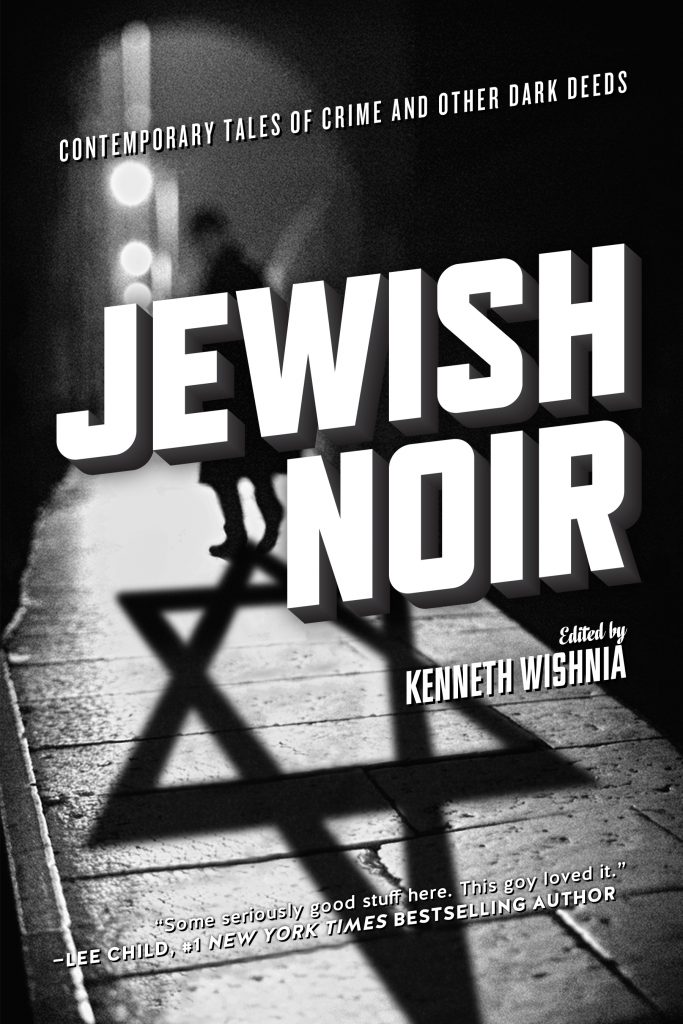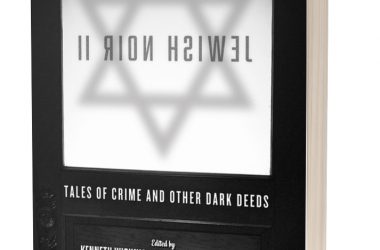By Ken Wishnia
Trace Evidence
September 19th, 2015
Or, damn, you people are making me work!
I’m supposed to be a writer, not an editor. I’ve published six novels and a bunch of short stories in various anthologies, but Jewish Noir (PM Press) is the first time I’ve ever proposed, assembled and edited an anthology by myself. I had been warned, by none other than Reed Farrel Coleman, that editing an anthology is a lot of work, but I had no idea that it would be quite so much work. Also, the publisher’s contract should have come with a label saying, Warning: You Will Lose Friends—if you do the job right.
And thanks to our generous “You don’t have to be Jewish to write Jewish Noir” policy, I also got to collaborate with writers like Canadian author Melissa Yi, who was a joy to work with. She sent me two stories for consideration, and I ended up replying with a carefully worded email explaining that I liked the first half of the first story and the second half of the second story, and asked if she would be willing to combine the two stories along these lines to create a totally new story. That’s asking a lot, but not only was she willing to do it, after revising the two stories into one, she ended up adding a new section that gave her story “Blood Diamonds” a crack-of-the-whip sting of an ending that will linger in your mind for long after you’ve read it.
All this from a definite non-Jew, you should know.
But I have to say that some of the non-Jewish authors’ attempts at capturing Jewish culture made me laugh out loud. One author had a family dinner featuring matzoh ball soup, latkes and potato kugel. This may not seem like much to some readers, but I don’t know any Jewish cooks who would ever make all three of these dishes at the same time, especially the last two, which are both labor intensive high-calorie potato-based dishes that are variously fried in oil and served with sour cream, or baked and sizzled in rendered chicken fat (using traditional recipes, anyway). I told the author that’s like having a “typical” Irish dinner of corned beef and cabbage and an Irish stew and a shepherd’s pie and a steak and Guinness pie and boiled potatoes and some Irish soda bread. A bit much, I would say.
Then came the brisket. Vey iz mir. At one point, it seemed like every other story had someone getting ready to chow down on some brisket, which my family only has once a year on Passover, for God’s sake. I emailed the authors, asking, “Are you guys just Googling ‘Jewish food’ and picking the first thing that comes up? You never heard of chopped liver? Or some nice flanken for a change? Maybe a piece of herring?”
They pleaded guilty.
But the Jews know from guilt, too. Even some of the Jewish authors messed up the Yiddish words and phrases in their stories. Part of my job was to establish a style to standardize the transliteration of common Yiddish expressions. What fun.
For the uninitiated, Yiddish was the primary language of the majority of Central and Eastern European Jews for many centuries (German Jews typically spoke German). Descended from Middle High German, with a vocabulary that is roughly 30-40% Slavic and Hebrew, depending on whom you ask, it is written using the Hebrew alphabet. So if it looks like Hebrew and sounds like German, it’s Yiddish.
The problem is that very few contemporary American Jews have had significant contact with genuine literary or conversational Yiddish. Many of them merely remember a few phrases and expressions that bubbe (that’s grandma to you) used to say. But since they’re remembering from way back, they often get it wrong. Think of the classic Mike Meyers Saturday Night Live sketch, “Cawfee Tawk,” whose host was always saying, “I’m getting vaklempt,” meaning emotionally choked up.
The correct Yiddish is farklempt.
The tricky part about getting it right is that if your character is a third or fourth generation descendant of Yiddish-speaking immigrants, then it would be acceptable, even “correct,” to have that character make a mistake in his or her Yiddish. For example, in Eddie Muller’s story, “Doc’s Oscar,” the narrator complains about his “khazerai wheelchair.” This is ungrammatical.
Khazerai is a noun, meaning “filth, mess, piggishness,” and is not used in Yiddish as an adjective. But after checking with an expert native speaker (my father Arnold Wishnia), who confirmed that Eddie’s character, a boorish Hollywood type of a certain generation, would have said it that way, we decided to leave it in with an explanatory footnote to that effect in the introduction.
We’ve already received an email commenting that “khazerai wheelchair” is wrong and ungrammatical and that we’d better fix it or else. I directed the commenter to the explanatory note. Hope that works.
But the hardest part of being an editor is when you have to reject a story, or deal with authors who—ahem—won’t change a word of their not-quite-flawless stories. This was a situation in which it might have been better to be a paid editor working for the house. Then you can hide behind the generic “this isn’t right for us” response, or the fact that your job is on the line if you accept sub-standard work.
Then there were the people who wanted to be part of the anthology but found out about it too late to be considered. (The slots filled up in about a minute and the anthology ballooned to nearly twice its proposed size, to 32 contributors, and has gone way over budget.) I have already apologized to several authors who were not invited and have promised them an invitation to submit to Jewish Noir 2, should that ever come to pass. (Note: My agent will kill me if I distract myself from my current novel-in-progress with something as insane as doing Jewish Noir 2 at this point.)
Doug Levin! Why didn’t I think of inviting him? Oops.
And Alfred Hitchcock and Ellery Queen favorite, Doug Allyn, who turns out to be Jewish. Who knew?
Even Eddie “The Czar of Noir” Muller said that he recently learned of some Jewish ancestry in his lineage, which raises some serious issues regarding the suppression of Jewish ethnicity during less enlightened times. I mean, how many Americans “discover” that they have Christian ancestors? But that’s a whole other subject for a separate blog.
Now go check out Jewish Noir. Or I’ll sic the global Jewish conspiracy to control world finances and media on you.



